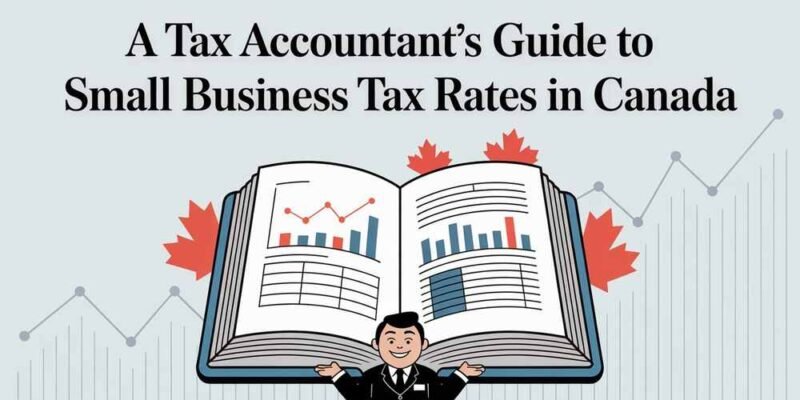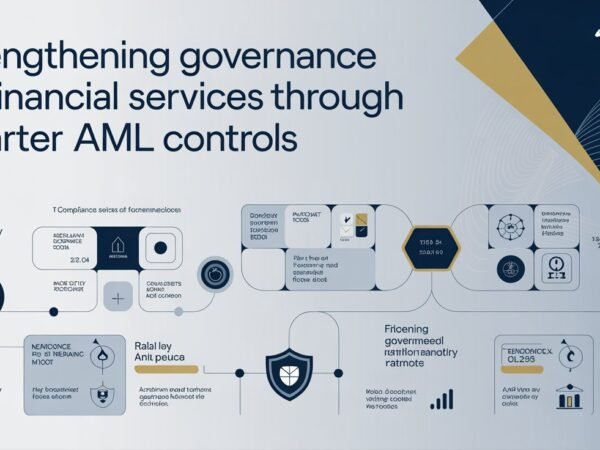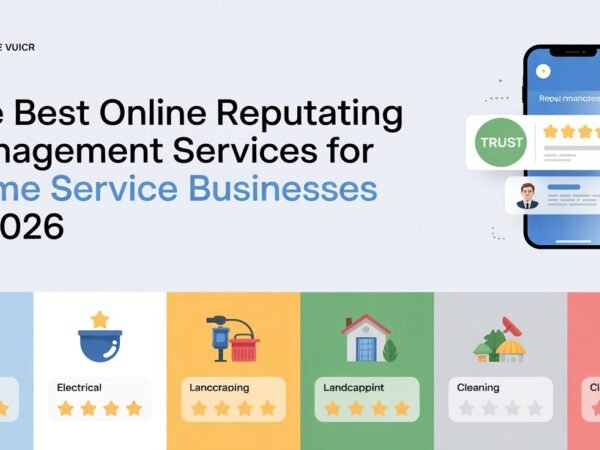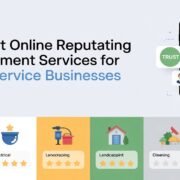Running a small business in Canada is exciting and challenging, especially when understanding your tax obligations. As a leading accounting firm, webtaxonline.ca knows that taxes can be complicated, but with the proper knowledge, you can save money and avoid costly mistakes. This guide will explain everything you need to know about small business tax rates in Canada in simple, easy-to-understand language.
Why Small Business Tax Rates Matter
If you don’t understand how taxes work, you might pay more than necessary or even face penalties from the Canada Revenue Agency (CRA). Knowing the correct tax rates, deductions, and filing rules helps you plan better, reduce your tax bill, and stay compliant with the law.
Types of Business Structures and How They Are Taxed
In Canada, businesses can be structured differently, each with its own tax rules. These types are sole proprietorships, partnerships, and corporations.
Sole Proprietorships
A sole proprietorship represents the most straightforward business model. All earnings from the business are included in your tax return (T1). The applicable tax rate varies based on your overall income and the province in which you reside. However, a significant drawback is that you bear personal liability for business debts or legal challenges.
Partnerships
A partnership is similar to a sole proprietorship but involves two or more people sharing ownership responsibilities. Each partner must declare a portion of the business income on their tax returns. Like sole proprietorships, partnerships are not subject to separate taxation; partners bear personal responsibility for any business debts.
Corporations
A corporation exists as an independent legal entity, distinct from its owners. This means the business pays its taxes, and owners (shareholders) only pay tax on salaries or dividends they receive. Corporations benefit from lower tax rates on the first $500,000 of active business income, thanks to the small business deduction (SBD). However, corporations have more complex tax filings and higher administrative costs.
Small Business Tax Rates in Canada
Canada has a two-tier tax system for corporations: a lower rate for small businesses and a higher rate for larger companies. Thanks to the small business deduction (SBD), the federal tax rate is lowered for the first $500,000 earned from active business operations.
Federal Small Business Tax Rate
As of 2025, the federal small business tax rate is 9% on the first $500,000 in income. If your business earns more than this, the remaining income is taxed at the general corporate rate of 15%.
Provincial Small Business Tax Rates
Every province and territory establishes its tax rate for small businesses, which is combined with the federal rate. Here’s a breakdown of the combined (federal + provincial) small business tax rates across Canada:
- Alberta: The combined rate is 11%. Alberta boasts some of the lowest rates, making it a prime location for small enterprises.
- British Columbia: Small businesses pay 11% in combined taxes.
- Manitoba: The rate is slightly higher at 12%.
- New Brunswick: 13% tax rate.
- Newfoundland and Labrador: The combined rate is 15%.
- Northwest Territories: Small businesses pay 11.5%.
- Nova Scotia: The tax rate is 14.5%.
- Nunavut: Businesses in Nunavut pay 12%.
- Ontario: The combined rate is 12.2%.
- Prince Edward Island: Small businesses pay 14%.
- Quebec: Quebec has a tax system with a combined rate of 14.4%.
- Saskatchewan: The rate is 11%, matching Alberta and British Columbia.
- Yukon: Small businesses here pay 12%.
These rates can change, so it’s always a good idea to check the latest updates from the CRA or consult a tax professional.
How to Reduce Your Small Business Taxes
Nobody wants to pay more taxes than necessary. Fortunately, Canada offers several tax deductions and credits to help small businesses save money.
Capital Cost Allowance (CCA)
You cannot write off the entire annual expense when purchasing equipment, vehicles, or machinery for your business. Instead, you must spread the deduction over time using the Capital Cost Allowance (CCA), which lowers your taxable income annually.
Home Office Expenses
When you work remotely, you can claim a percentage of your rent, utility bills, and internet expenses corresponding to your business workspace. The CRA has detailed guidelines for home office deductions, so adhere to them accurately.
Business Use of Vehicle
You can deduct fuel, maintenance, and insurance costs when you use your vehicle for work. Recording your business mileage and determining the percentage of use for business is essential.
Canada Employment Credit
If you hire employees, you may qualify for tax credits that help cover wages and training costs. This can significantly reduce your tax burden.
Scientific Research & Experimental Development (SR&ED) Tax Credit
By investing in research and development, your business may qualify for the SR&ED tax credit, a program designed to reward innovation with refunds or credits.
Common Tax Mistakes Small Businesses Make
Many small business owners make avoidable tax mistakes that cost them money. Here are some of the most common ones:
Mixing Personal and Business Expenses
Using the same bank account for personal and business transactions makes bookkeeping a nightmare. It also increases the risk of errors during tax filing. Always keep separate accounts to simplify record-keeping and avoid CRA audits.
Missing Tax Deadlines
Late tax filings result in penalties and interest charges. Essential deadlines include March 15 for GST/HST returns, June 15 for self-employed individuals (though taxes owed are due by April 30), and corporate tax deadlines based on your fiscal year-end.
Not Keeping Proper Records
The CRA can request receipts and invoices for up to six years. You could lose valuable deductions or face penalties if you don’t have proper records.
Underestimating Tax Payments
The CRA may require quarterly installments if you owe more than $3,000 in taxes. Missing these payments can result in penalties, so it’s essential to plan.
When to Hire a Tax Accountant
While some business owners handle their taxes, hiring an accountant can save time, reduce stress, and help you maximize deductions. An accountant can:
- Identify tax savings you might miss
- Assist with tax planning strategies
- Represent you in case of a CRA audit
- Ensure compliance with changing tax laws
Final Thoughts
Understanding small business tax rates in Canada is essential for financial success. By knowing the rules, taking advantage of deductions, and avoiding common mistakes, you can keep more of your hard-earned money and grow your business confidently.
Read Understanding Small Business Tax Rates in Canada for more detailed information.
Do Read: Why Custom Distribution Boards Are Essential for Industrial Power Systems













